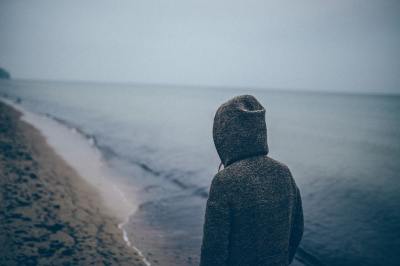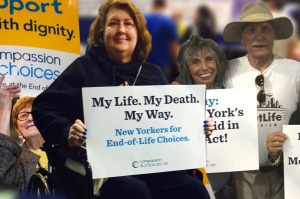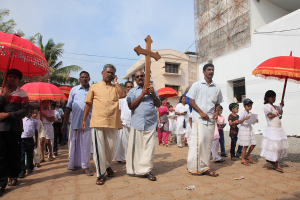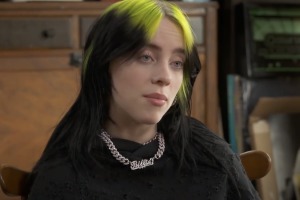Why do innocent people suffer?

Why does God allow the innocent to suffer? It’s a question that gets asked over and over, by people from every nation, race and tongue. David Kyle Foster, a guest contributor to the Christian Post, recently published an article with his answer.
This is it: “We suffer because men sinned and continue to sin. God isn’t to blame.” Suffering happens because God made a perfect world that Adam and Eve broke, long ago, and now there’s no escaping the consequences, especially since we continue to sin as badly as they did. God is good, and we are not.
So this is one answer, that God is perfect and humans are sinful.
As a thoughtful Christian, however, I also believe that there are other brave, faithful ways to ponder suffering and try to give it meaning. Sometimes we don’t need answers, sometimes we just need a framework to use for meditating on our suffering.
I have found one such meditate framework in the writings of Annie Dillard. Dillard, a Christian writer of the last few decades, published a book in 1984 titled Holy the Firm, in which she lays out her thoughts about God’s goodness, human suffering and the relationship of our suffering to chronological time.
You see, to Dillard, the dichotomy is not between God’s goodness and our imperfection, but between our location within time and space and God’s location outside of them.
Let me explain. As Christians, we believe in an eternal realm beyond our mortal sphere. We believe that this is where God resides, and also our eventual home. Simply put, we believe that true reality is not what we can see, hear, touch, taste and smell, but something intangible that we put our trust in; “Now faith is being sure of what we hope for, and certain of all we cannot see.”
This infinite realm is where God’s fullness resides, and we are on our way but not there yet. The Christian life, according to some understandings, is a process of learning to live “in the world but not of it,” doing our best while we are here but always remembering that this world is not our hope or our home.
I love Annie Dillard because she brings forth this tension so beautifully. She says, “The great ridged granite millstone of time is an illusion, for only the good is real; the great ridged granite millstone of space is an illusion, for God is Spirit.” Our suffering would make sense if we could see as God sees, if we could understand all at once how every piece of the puzzle fits, but for now we cannot. We are stuck in time and space.
But Dillard doesn’t stop there. It is all illusion, she says, but still the pain we experience within the illusion is so very real. “The pain within the millstones’ pitiless turning is real, for our love for each other—for world and all the products of extension—is real, vaulting, insofar as it is love, beyond the plane of the stones’ sickening churn and arcing to the realm of spirit bare.” In other words, as people who love deeply we are slung between two realms; of the world and of the spirit.
And so we suffer, caught in the tension between a land of redemption and a land of pain. The Christian promise is that there is redemption for suffering. But I think we forget to emphasize that this meaning is not always accessible to us, residing as it often does in a place unconstrained by space or time.
Dillard reminds us of this. “God is at home,” Dillard quotes from a German theologian, “We are in the far country.” This world, with its injustice and unexplainable pain, is not our home. “We are created,” Dillard writes, “Sojourners in a land we did not make, a land with no meaning of itself and no meaning we can make for it alone.” We need God for anything to make sense.
This framework helps me when I am at the end of my rope. It takes my focus off my brokenness and offers me a glimpse of the truth: that we will not always be stuck where suffering defies explanation.
But until then, we get to love this world and the people in it. We get to listen and understand, suffering well with one another so that at least no one has to suffer alone.
LightWorkers’ mission is to create engaging, uplifting and inspirational content that breaks through the clutter, building a community of sharing and igniting a movement in the real world that motivates people to celebrate and share the good all around them.
Website: https://www.lightworkers.com/



























